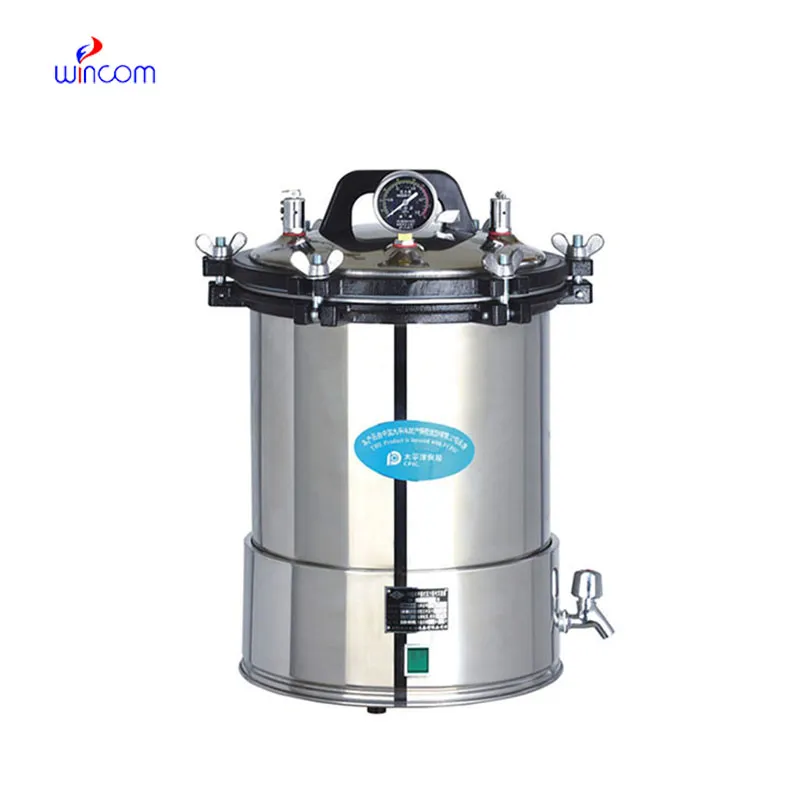
Made for regulated heating processes, the water softener for bathing is endowed with high-performance and long-lasting durability. Double-insulated to eliminate heat loss, the high-precision thermostat provides level water temperature. The digital reading of the water softener for bathing makes it easy to control and maintain. Protective features that shield against low water level and temperature overload are present in the water softener for bathing. Compact and solid, the device accommodates various laboratory procedures. The water softener for bathing provides stability and performance necessary for temperature-sensitive laboratory experimental processes.

Both in commercial and school settings, the water softener for bathing provides stable heat for experiments that necessitate temperature-driven conditions. It is used in processes such as protein digestion, bacterial culture, and heating of reagents. The water softener for bathing is also crucial in environmental analysis where accuracy in temperature control of incubating samples is needed. The water softener for bathing' reliability supports laboratories in conducting standard experiments as well as complex research studies. The water softener for bathing' stable performance ensures reproducibility and reliability, boosting laboratory results' credibility across various fields.

With advancing laboratory technology, the water softener for bathing will also upgrade with increased performance and connectivity. The addition of artificial intelligence will enable predictive temperature control with automatic adjustment by experiment type. Data storage capacities will enable precise records of temperature histories for ensuring compliance and reproducibility. Energy-saving properties will also be added to the water softener for bathing. Its advancement will be necessitated by the need for precision, ease, and sustainability in the current research settings.

For effective operation, the water softener for bathing requires frequent servicing. Cleaning and draining of the water chamber daily in order to eliminate sediment and biofilm. The use of filtered or deionized water prevents deposits. The heaters, seals, and gaskets must always be inspected for wear. Cleaning with a damp cloth on the outer surface with care. Scheduling calibration of the temperature control system ensures continuous accuracy. Regularly maintained water softener for bathing offers consistent heating performance and optimizes working life under operating laboratory conditions.
Designed for precise temperature regulation, the water softener for bathing ensures steady heating during scientific processes. It is largely used in laboratories for incubation of samples, thawing reagents, or heating solutions in precise conditions. The water softener for bathing features a heavy-duty construction and rust-resistant interiors to ensure durability and sterility. Its digital interface allows users to set and hold precise temperatures with precise accuracy. Quiet operation and uniform temperature stability make the water softener for bathing a trustable device for repeated laboratory use.
Q: What is the primary function of a water bath in the laboratory? A: A water bath is used to maintain samples at a constant temperature for extended periods, providing stable heating conditions for experiments and reactions. Q: Why is distilled water recommended for use in a water bath? A: Distilled water is preferred because it prevents mineral buildup, reduces corrosion, and helps extend the lifespan of the equipment. Q: How often should the water in a water bath be replaced? A:When contamination or visible residue occurs, it should be replaced at least once a week or more frequently to ensure cleanliness and accurate heating performance. Q: What safety measures should be taken when operating a water bath? A: Users should avoid overfilling, keep electrical components dry, and regularly check temperature controls to prevent overheating or short circuits. Q: Can a water bath be used for heating flammable liquids? A: No, flammable liquids should never be heated in a water bath, as vapors can ignite when exposed to heat or electrical sparks.
This ultrasound scanner has truly improved our workflow. The image resolution and portability make it a great addition to our clinic.
The water bath performs consistently and maintains a stable temperature even during long experiments. It’s reliable and easy to operate.
To protect the privacy of our buyers, only public service email domains like Gmail, Yahoo, and MSN will be displayed. Additionally, only a limited portion of the inquiry content will be shown.
We’re interested in your delivery bed for our maternity department. Please send detailed specifica...
We’re currently sourcing an ultrasound scanner for hospital use. Please send product specification...
E-mail: [email protected]
Tel: +86-731-84176622
+86-731-84136655
Address: Rm.1507,Xinsancheng Plaza. No.58, Renmin Road(E),Changsha,Hunan,China